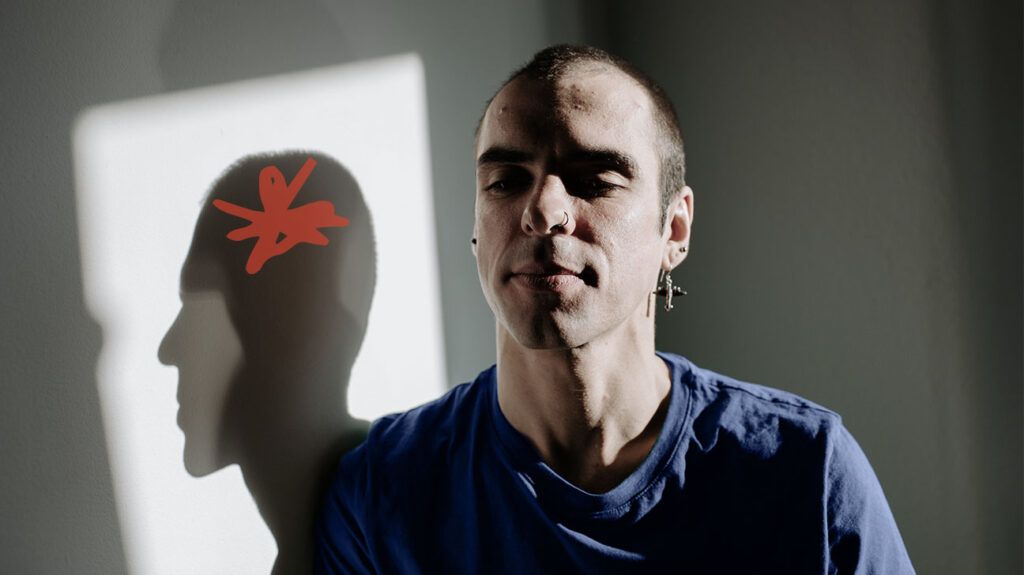
- As many as 69 million people around the world have a traumatic brain injury (TBI) each year.
- People with moderate to severe TBI can experience long-term issues that can impact their lives.
- Researchers from Stanford University have found that deep brain stimulation may help improve cognition in people with moderate to severe TBI.
Researchers estimate that as many as
There are three levels of TBI severity — mild, moderate, and severe. Previous research shows between
In the case of moderate to severe TBI, people can experience lifelong issues that can have a profound effect on their lives, such as:
- cognitive difficulties
- changes in behavior
- sensory sensitivity
- physical disabilities
Over the past few years, researchers have studied deep brain stimulation as a potential treatment for TBI.
Now, scientists from Stanford University have published a study in the journal
According to Dr. Jaimie M. Henderson, the John and Jene Blume–Robert and Ruth Halperin Professor and professor of neurosurgery at Stanford University and co-lead author of this study, it is important to develop new ways of improving cognitive function in people with moderate to severe TBI because there are currently no effective treatments for TBI.
“There are millions of people living with the aftereffects of a brain injury,” Dr. Henderson told Medical News Today. “Anything that could improve their condition even a bit would be a breakthrough.”
“Previous research has
For example, a study published in July 2022 found using deep brain stimulation with a lower frequency was
Other research published in September 2022
For this study, Dr. Henderson and his team recruited five study participants, all of whom had experienced a moderate to severe TBI at least two years prior.
The scientists used deep brain stimulation to target the brain’s
“In deep brain stimulation, thin wires — called leads — are placed into the brain using precision targeting techniques, usually to targets that are deep below the brain surface. These wires are then connected by extensions to a pacemaker-like device placed in the chest wall. The device provides pulses of electricity that can reverse some of the symptoms of neurological disorders such as Parkinson’s disease, tremor, depression, and now traumatic brain injury.”
— Dr. Jaimie M. Henderson, lead study author
Dr. Henderson said that in patients with moderate-to-severe TBI, the normal interplay between different brain parts — the
“It’s a bit like turning down a dimmer switch, where there isn’t enough activity to keep the cortex working properly,” he continued. “The idea behind using deep brain stimulation to treat these patients is to restore this activity — like turning that dimmer switch back up.”
During the study, each participant received personalized treatment approaches for deep brain stimulation.
Each study participant underwent surgery to implant electrodes near the thalamus in the brain. Scientists used the implants to apply an electric current at a frequency between 150 and 185 hertz for 12 hours a day for a period of three months.
Additionally, each participant was given a cognitive function test at the beginning and end of the study period.
At the end of the three months, researchers found the study participants showed an average improvement of 30.7% in their performance on the cognitive test. And they improved the speed of completing the test by an average of 32%.
“Based on some prior studies, we were fairly confident that we would see at least some response in some patients,” Dr. Henderson said.
“The surprising part was the fact that every patient improved, some far beyond what was expected. The study was designed in such a way that a 10% improvement would be declared a success. So an average of 30% improvement was a very clear indicator that the stimulation was working as expected and that the study was successful.”
“The goal is now to do a larger study, using all the knowledge that we gained from this smaller study to select patients and outcome measures that will give us even more confidence that this could become a treatment for the millions of people whose lives have been affected by TBI.”
— Dr. Jaimie M. Henderson, lead study author
MNT also spoke with Dr. Walavan Sivakumar, a board certified neurosurgeon and director of neurosurgery at Pacific Neuroscience Institute-South Bay in Torrance, CA, about this study. Dr. Sivakumar was not involved in the research.
“Deep brain stimulation represents an emerging technology at the forefront of clinical neurosciences,” he said. “Its success in movement disorders makes me cautiously optimistic about its utility in this realm.”
Dr. Sivakumar said new ways of improving cognitive function in people with moderate to severe TBI are important because the cognitive and psychosocial impact of traumatic brain injury is impossible to fully quantify with current assessment techniques.
“Patients can ‘look fine’ on the outside but be extremely functionally limited,” he explained.
“This impacts their ability to communicate, to work, and assimilate into society. As the longevity of the population improves, long-term brain health becomes increasingly important. Anything we can do to improve the cognitive health of our patients will help get us closer to the goal.”
“The study is a great first step but it needs to be expanded to a larger trial across many centers in order to achieve generalizability,” Dr. Sivakumar added.